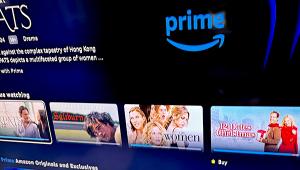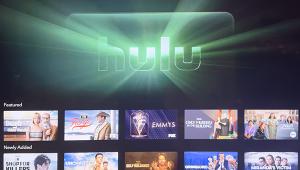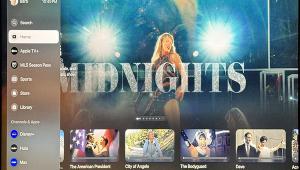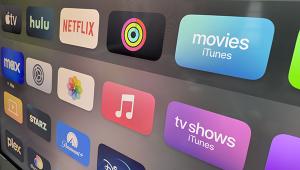Net Neutrality Ruling Could Affect the Future of Streaming

Net neutrality is the idea that the Internet should not be in any way hindered or monitored by the Internet providers who bring the world wide web into your home. The net neutrality rules stated that Internet providers (ISPs) cannot slow down streaming from a particular service or website and that consumers have the right to receive everything from the Internet without blocking or extra charges. With net neutrality rules, the FCC could impose fines and bring injunctions against ISPs who prioritized one website over another. The Appeals Court ruling states that the FCC does not have the authority to create or enforce any regulations of ISPs. Without net neutrality, your broadband (or other) ISP could charge a fee to Netflix, Hulu, or other service in order to stream to you. It could decide not to carry Netflix at all.
It’s not as far-fetched as it may seem. Consider how the 1996 deregulation of cable providers resulted in the tiered subscription model we have today that can see cable bills soaring above $150 per month. Movie streaming websites could become the Internet equivalent of a premium cable channel. Internet providers could allow free streaming from their own services but slow down (or block) Netflix and others, making it impossible to stream 4K or even high definition content.
The suit was brought to U.S. District Court of Appeals by Verizon who has its own Red Box streaming service. What’s more, Verizon has been gobbling up (buying) web video companies EdgeCast, UpLynk, and Intel’s Web TV Media Unit. It doesn’t seem paranoid to believe that Verizon has plans for its FiOS Internet provider and that they want to control content to favor their own services.
One can’t blame Verizon for trying to steal a competitive edge. By all accounts Netflix has over 33 million subscribers and streaming Netflix movies accounts for almost 30 percent of Internet usage. Watching HD Netflix uses about 2.8 GB per hour. Netflix 4K content could use as much as 7GB per hour (at the stated rate of 15Mbps). The NPD group, a consumer market research company notes that Hulu Plus and Amazon Prime Instant Video have had the biggest growth as consumers subscribe to secondary services. Certainly Verizon and other Internet providers could benefit from charging for or limiting streaming from Netflix, Hulu, Amazon, and other streaming services.
Netflix CEO, Reed Hastings, addressed the recent ruling in a letter to shareholders.
“Unfortunately, Verizon successfully challenged the U.S. net neutrality rules. In principle, a domestic ISP now can legally impede the video streams that members request from Netflix, degrading the experience we jointly provide. The motivation could be to get Netflix to pay fees to stop this degradation. Were this draconian scenario to unfold with some ISP, we would vigorously protest and encourage our members to demand the open Internet they are paying their ISP to deliver.“The most likely case, however, is that ISPs will avoid this consumer-unfriendly path of discrimination. ISPs are generally aware of the broad public support for net neutrality and don’t want to galvanize government action.
“Moreover, ISPs have very profitable broadband businesses they want to expand. Consumers purchase higher bandwidth packages mostly for one reason: high-quality streaming video. ISPs appear to recognize this and many of them are working closely with us and other streaming video services to enable the ISPs subscribers to more consistently get the high-quality streaming video consumers desire.
“In the long-term, we think Netflix and consumers are best served by strong network neutrality across all networks, including wireless. To the degree that ISPs adhere to a meaningful voluntary code of conduct, less regulation is warranted. To the degree that some aggressive ISPs start impeding specific data flows, more regulation would clearly be needed.”
In a blog on the FCC website, FCC Chairman, Tom Wheeler commented on the decision,
Wheeler also assured the public that the FCC does have the authority and responsibility to regulate the activities of broadband networks because Congress gave the FCC authority over wire and radio communication. The Internet must remain open and free as the welfare of our society depends on it.
Hastings does have a good point about consumers’ demand for high speed Internet being fueled by their desire to stream quality video from online. Still, ISPs are our gateway to the Internet. Although there may be a few more Internet Provider choices in a given city than there are cable TV choices, deregulation and no assurance of net neutrality could put the future of 4K streaming in jeopardy (at a time when there is no 4K disc player on the horizon). It seems that the Internet is no longer owned by the people. Here’s hoping that we don’t see what Hastings calls the “draconian scenario,” but I’ll get my picket sign ready just in case.
- Log in or register to post comments































































